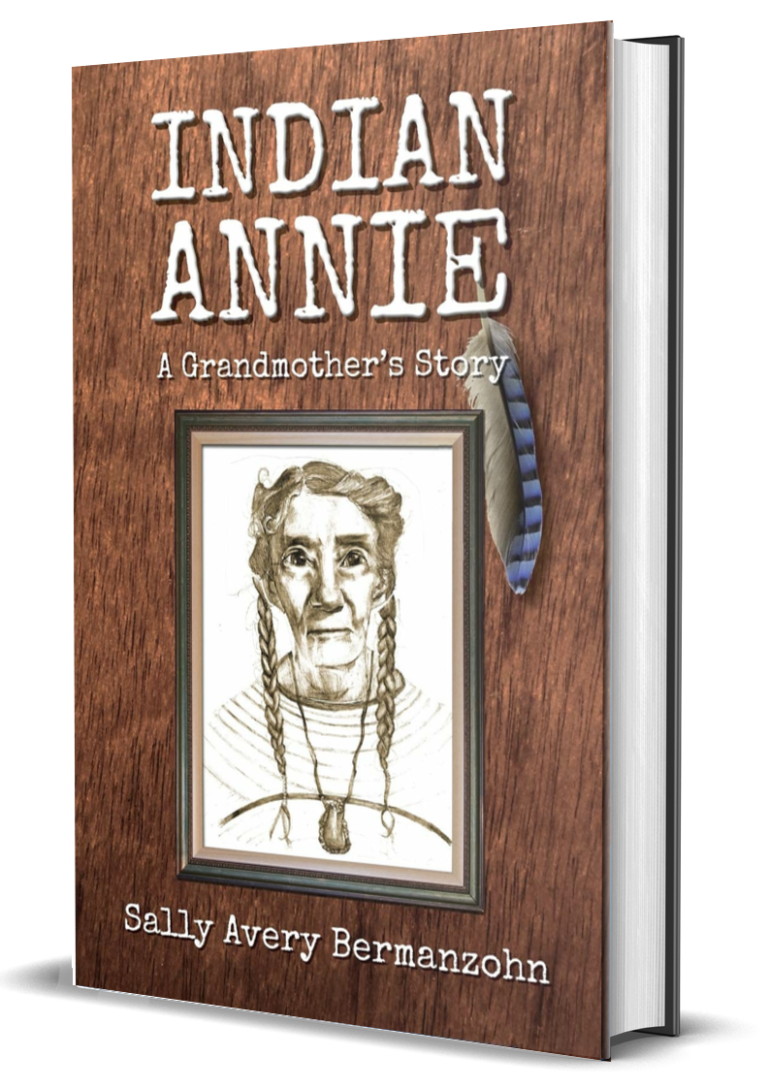
HEAR FROM THE BOOK EXPERTS

In partnership with Inks & Bindings

Indian Annie: A Grandmother's Story
Sally Avery Bermanzohn
Reviewed by: Michelle Jacobs, The US Review of Books

“Following in my father’s footsteps, I became our village storyteller.”
This engaging narrative tells the story of a Chickasaw elder who sits down with her nephew to recollect and record her oral history in the last years of her life. Ned serves as a scribe to his aunt as she recalls her idyllic childhood growing up in her village surrounded by her tribe, lifted up by beloved traditions and rituals, and sustained by farming and collective harmony. Born in 1819, the protagonist’s life is altered forever when the Indian Removal Act of 1830 forces her family to move into the hills to hide and preserve the Chickasaw tribe. In this place called Freedom Hills, her family takes “white” names to stay safe, and so begins the never-ending conflict to assimilate or even pass for white while also remaining true to the old ways. Newly named Annie will raise her own family in these hills hidden away from Andrew Jackson’s Trail of Tears, but tragedy still strikes as the Civil War begins, Jim Crow endures, and racism reigns through the decades of her lifetime.
The vibrant storytelling tradition shines brightly as Indian Annie brings life to long-ago days and keeps the memories of her loved ones alive and the ways of her people known to the next generations to come. Bermanzohn’s creation is infused with rich history and authentic renderings that depict a dark time of hatred, intolerance, and racism. But there is also so much joy and beauty captured in the story of one family’s heartbreaking decision to survive at all costs. At times Ned, as the scribe, interjects his own experiences alongside Annie’s, adding another perspective to unfolding traumatic events. Still, it is mostly Annie’s story that unfurls lovingly guided by the spirits of her ancestors and her lost loved ones.
With fluid, straightforward language, Bermanzohn humanizes the history of indigenous people in America, putting a face to the stories of genocide and the struggle to keep a culture alive in the face of destruction. Indian Annie’s life inspires compassion and understanding as it personalizes the cold hard facts from the history books. Her nephew wants to preserve their history for future generations, and they both believe in the power of storytelling to teach and heal. Annie recalls her own mother telling her the story of the day she heard Tecumseh speak to the tribes, calling for them to unite against the whites as danger crept closer to their way of life. She tells of the fierce speech that predicts the atrocities to come: “Sleep not, O Choctaws and Chickasaws in false security and delusive hopes. Before the pale-faces came among us, we enjoyed unbound freedom, had neither riches, wants, nor oppression.” With no easy answers or obvious solutions to the violence and mayhem on the horizon, tribes were divided, and unity lost, to war and destruction.
Bermanzohn transports readers to this calamitous period in history with authentic details, vivid descriptions, and accessible characters. Compelling and deeply moving, this novel is proof that telling our ancestors’ stories has the power to bring the past into the present as future generations forge their paths through inherited trauma and cycles of loss and sorrow.
RECOMMENDED by the US Review
Source: https://www.theusreview.com/reviews-1/Indian-Annie-by-Sally-Avery-Bermanzohn.html#.YnAintpByUk

